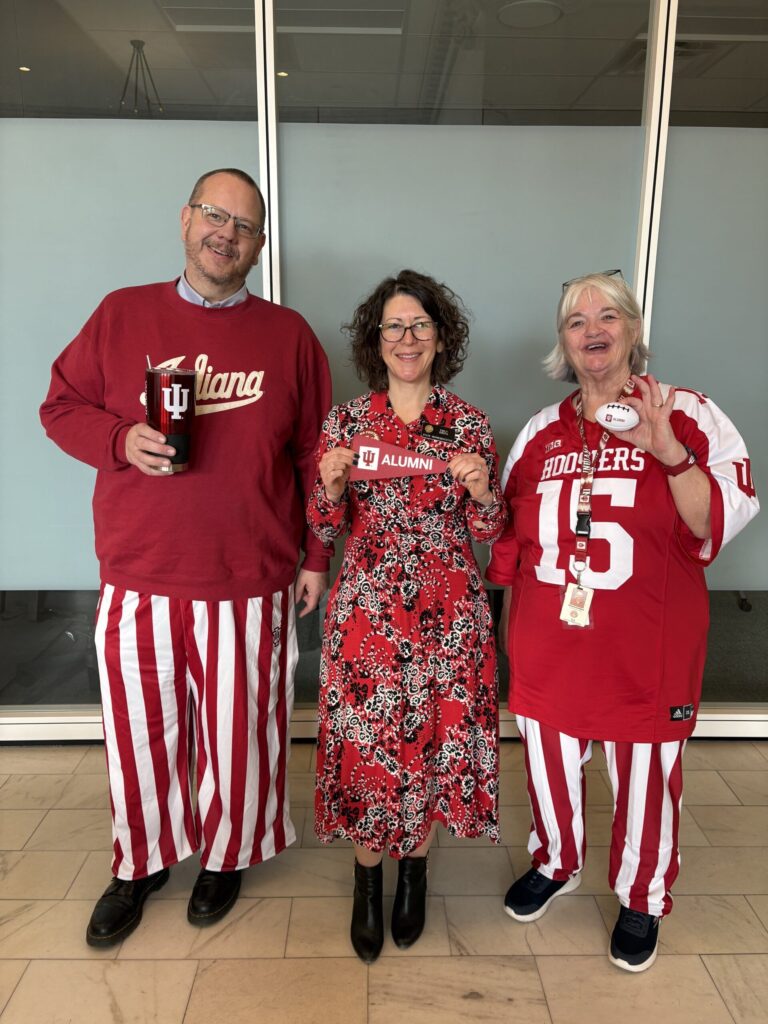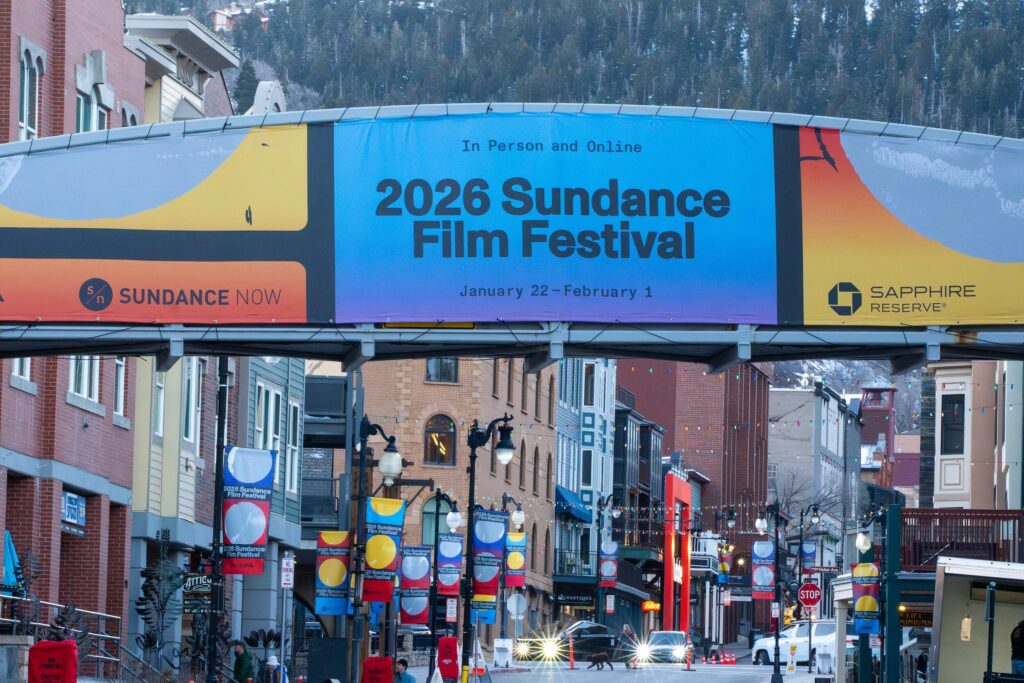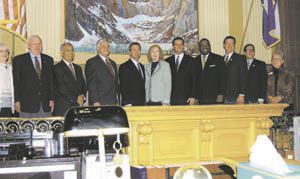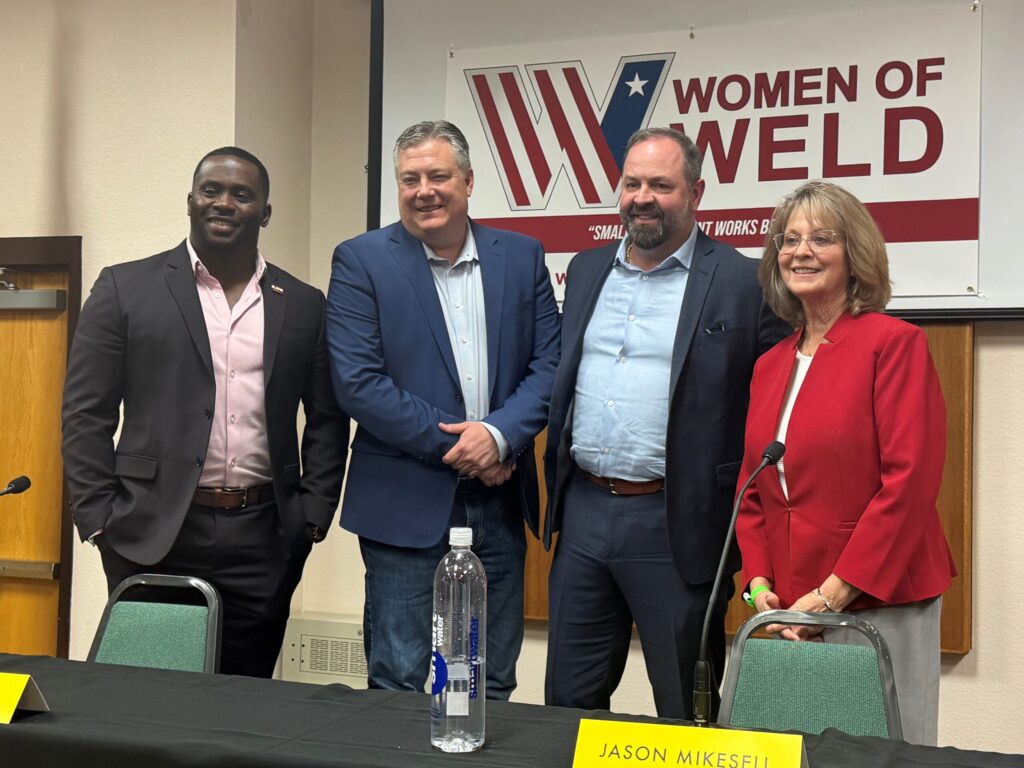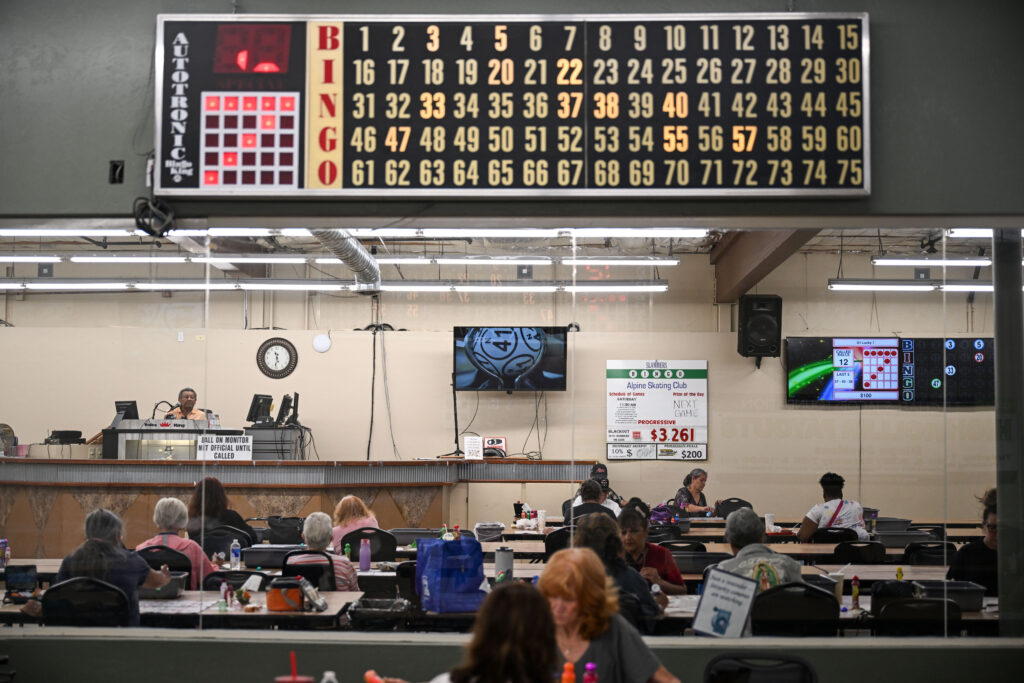Firestone tragedy unlikely to shake up Capitol oil and gas politics
A lot has changed in the wake of the oil and gas industry-linked explosion at the end of April in Firestone that killed two.
Anadarko Petroleum shut down 3,000 wells.
Matt Lepore, Colorado Oil and Gas Conservation Commission director, spoke about conducting “an ongoing conversation about new safety measures” of one kind or another.
Gov. John Hickenlooper, a well-documented friend to the industry, described the events in Firestone as a “tragedy of immense intensity” and called on operators in May and June to map and inspect well flowlines within 1,000 feet of buildings across the state and to make the maps available to the public.
“I don’t think it’s unreasonable for that to be public information,” he said. It was an abandoned and uncapped well flowline that filled the house in Firestone with the gases that ignited and reduced the house to an ashen rubble. “Those flowlines even after they are capped — we want to make sure they are capped at some point — their locations should be a matter of public record.”
“That would probably take legislation,” Hickenlooper added, acknowledging the fact that moving any kind of bill that concerns the oil and gas industry will likely remain a major lift in Colorado — and he was right.
On Friday, just three days after the cause of the explosion was reported and only three days before the end of this year’s legislative session, gas patch Democratic Reps. Mike Foote from Lafayette and Steve Lebsock from Thornton introduced House Bill 1372, which would have made explicit the power of state oil and gas regulators to map well flowlines and to require drilling companies to share flowline maps with the state and local authorities and the public.
Republicans immediately lined up in opposition. Firestone Republican Rep. Lori Saine called the bill a “knee-jerk reaction” and a “spiking of the political football.”
Light touch
“If the oil and gas lobby is against a bill, Republicans will vote against it,” Foote said the week before. “Industry has a stranglehold on the Capitol right now.”
“Now?” said Sen. Matt Jones, a veteran Democratic lawmaker from Louisville. “It’s been that way since the 1980s.”
The men represent constituents who have lived at the center of the oil and gas boom fueled in the last decade by advances in hydraulic fracturing technology. Drillers have set up in subdivisions. They have drilled new wells and expanded decades-old well pads near schools and health facilities. Truck traffic comes and goes on neighborhood roads. Concerned residents reacted over the years by voting for bans on drilling only to see their city and county officials sued by the industry and the bans lifted in court.
Foote and Jones have led the charge in sponsoring bills that seek to “rein in” the industry. But they weren’t too busy this year. Their ambitions have been curbed for meeting with repeat failure in the Republican-controlled Senate. This session, the men introduced two “light touch bills,” as supporters called them.
House Bill 1256 concerned the 1,000-foot mandatory buffer between schools and new drilling operations. The bill would have stipulated that the buffer be measured from the school property line rather than from the main school building. The sponsors said that kind of measure would be more in keeping with the spirit of the state rule, because students also use the school playgrounds, exercise fields and outbuilding classrooms located on school property.
The bill passed the Democratic-controlled House and was killed in the Senate Agriculture and Energy committee.
House Bill 1336 would have required drilling companies to publicly document the practice known colloquially as “forced pooling,” in which they compel private mineral rights owners to sell their claims as part of a larger operation.
Supporters pointed out that the bill didn’t necessarily curtail the practice of pooling but that it only asked companies to give a longer-period of notice — 90 days — to individual private owners so that they could gather information and consult lawyers, that they are made a reasonable offer on their mineral rights and that the state keeps a record of pooling transactions.
On the floor of the House, Minority Leader Cole Wist, a Republican from Centennial, objected to the term “forced pooling.” He said it was leading and offered an amendment to take the word “forced” out of the bill.
Foote conceded. He said he considered the proposal a friendly amendment.
“Everyone involved knows what we’re talking about,” he said, waving his hand on the House floor. Foote called pooling a form of “corporate eminent domain,” where people are effectively forced to sell.
The pooling bill passed in the Democratic-controlled House and died in the Republican-controlled Senate State Affairs committee.
“I had a little hope early in the session,” said Jones. “I mean, what Republican or Democrat down here votes against residents’ private property rights for the benefit of a large corporation, to make a corporation more rich at the expense of an individual regular person?”
“I think this issue has been heightened by the tragedy in Firestone, about how we treat people around these wells,” Jones said at the end of the State Affairs hearing.
“This is clearly a consumer protection bill,” said Lois Court, a Democrat from Denver. “This isn’t radical. It’s a simple step.”
There will just be more political fights,” said Steve Fenberg, a Boulder Democrat. “I would urge the oil and gas industry to think long and hard about where to make changes …”
Foote shrugged.
“It doesn’t seem to matter what bill you run. Everything is a line in the sand.”
‘Totally disgusting’
Republican Sen. Ray Scott from Grand Junction seemed to agree with the theory — but sort of in reverse and with obvious distaste. Before casting his vote against the bill in the State Affairs committee, he said he thought the pooling bill was really just about making a statement.
“It’s interesting to me,” he said. “I think it’s disingenuous to say it’s too hard for people to figure these [pooling contracts] out … You can go down that trail, but that tells me this bill is actually about a lot of things. It’s not about pooling.
“It’s about a statement,” he said. “It’s a platform — and I actually applaud you all for this platform that you’ve developed, but it’s got very weak legs under it. When I hear ‘Firestone’ six times [during the hearing], that disgusts me. This has nothing to do with that family — that poor family — not a thing. And to think that should be part of this platform. That’s totally disgusting, totally disgusting.”
The main debate over oil and gas policy in Colorado in the last decade has concerned resident desire to see greater zoning-style control over oil and gas operations devolve from state authorities to local authorities and to move operations farther away from buildings, especially in the more heavily populated commuter communities of the Northern Front Range gas patch.
The Firestone home explosion came when methane and other gases escaped from an abandoned but open flowline connected to a 20-year-old well just 170 feet from the house.
Even in the immediate wake of the tragedy, Saine seemed to take a long view, seeking to calm concerned constituents.
“As a homeowner in Firestone, I am assured this was an isolated incident,” she wrote on her Facebook Page. “There is no threat to surrounding homes … and every precaution will be undertaken to ensure this will not happen to anyone else or their family again.
“After lengthy investigation, Frederick-Firestone Fire Chief Ted Poszywak concluded that the proximity of the well to the home was not a contributing cause to this incident,” she wrote.
“This was an isolated incident, human error,” Saine told The Statesman on the day Lebsock and Foote introduced their mapping bill. “I feel safe in my community.”




